The quality of tap water is a significant concern for any nation, and Malta is no exception. The primary source of Malta's tap water is now desalinated water from the 4 reverse osmosis plants in Malta and Gozo which supply 2/3rds of blended tap water.[1]
1/3rd of our tap water is still sourced from groundwater and as the quality of groundwater directly impacts the quality of Malta's tap water, it's crucial to understand the state of Malta's groundwater reserves. This article will delve into the intricacies of Malta's groundwater, the contamination issues it faces, and the implications for Malta's tap water.
Sustained population and economic growth is also applying pressure on the existing infrastructure and water resources.
Recently the Environment & Resources Authority released the Public Consultation: Malta’s Third River Basin Management Plan pursuant to the Water Framework Directive 2000/60/EC[2] which over 8 chapters gives us some really interesting information on the state of Malta's groundwater resources.
In this article we will go through all the documents and give you the relevant information for you to know more about the state of the groundwater in Malta and how it affects our tap water.
Here at TAPP water in Malta we studied the latest reports and you can see the recording of our live show Beneath the surface: Investigating the ground water contamination in Malta's tap water.
Groundwater: A Vital Resource
Groundwater is a hidden but indispensable resource. It's not only used for drinking purposes, but also serves as a vital source for irrigation. In the case of Malta, groundwater bodies are a significant source for the national drinking water supply, contributing to one-third of the total demand.
The groundwater used for drinking purposes in Malta is mixed with desalinated water to ensure its safety for consumption and provide an enhanced flavour. However, like any other natural resource, groundwater is susceptible to various forms of contamination, impacting the quality of the water we consume directly.
The State of Malta's Groundwater
An analysis of Malta's groundwater reserves reveals a disconcerting reality. Recent studies have shown that all of Malta's groundwater resources are failing to reach good quality status, as mandated by EU law. [3]The primary culprit: nitrates derived mostly from agricultural activities.
The EU parameters for water quality were breached by all of Malta's underground water sources, due to the presence of nitrates from agriculture or the over-abstraction of water from the wells. The latter issue arises when water is drawn out from the wells faster than it can be replenished through rainfall.
Nitrate Contamination: A Growing Concern
Nitrates are compounds that naturally occur in the environment and can be beneficial in moderate amounts. However, when their levels in water exceed the acceptable limit of 50mg per litre, they pose serious health risks to humans and animals.
In Malta, the primary source of groundwater contamination is nitrates from agricultural activities. The excessive use of pesticides contributes to a high concentration of nitrates in the groundwater, which then seeps into the tap water supply.
In the Chapter 3 of the ERA consultation document for the 3rd River Basin Management Plan 78% attribution is given to Agriculture for the source of pollution in the groundwater, and the rest to Urban Development.[3]
Most of this pollution is caused by rain water run-off from the agricultural areas, but a significant amount of pollution from chemical pollution and toxic substances was found to come from run off from the urban development we have seen over the past years.
Whilst the few reports on the consultation document keep the focus on Nitrate pollution [4] we believe that attention must be drawn to the increasing "other contaminants" being analysed in the consultation.
Other Forms of Contamination
While nitrates from agricultural activities are the primary contaminants, other elements also contribute to the degradation of Malta's groundwater.
Urban contaminants, such as pharmaceuticals and personal care product derivatives, along with industrial contaminants, are increasingly polluting Malta's water reserves. This is due to the high population density and mixed land-use scenario in Malta, which places potentially contaminating activities side by side.
The Impact of Over-Abstraction
Apart from contamination, Malta's groundwater also faces the issue of over-abstraction. This is when water is drawn from the wells faster than it can be replenished, causing a decrease in the water level and an increase in the concentration of contaminants.
In particular, the two most extensive bodies – the Malta and Gozo mean sea level aquifers – which are freshwater lenses floating on seawater, are now losing more water to abstraction than they are gaining from rainfall. This over-abstraction has led to the progressive salinization of the aquifer systems, further degrading the quality of Malta's groundwater and, by extension, the tap water.
Table 7 from the Chapter 3 of the consultation report[3] is shown below to illustrate the wide range of the issue we are facing. There is no groundwater resource that is unaffected by pollution, nearly 50% of the groundwater sources are affected by over abstraction and a significant number by sea water intrusion.
It is not pretty at all.

Table 8 is also shown for context. In this table its important to note that the groundwater sources specifically used for drinking water are all "At Risk" for failing qualitive measures, chemical contamination and most are susceptible for sea water intrusion.

Chemical contamination in Malta groundwater
Now we can turn to the type of chemical contamination found in the groundwater in Malta, bearing in mind once again that 1/3rd of your blended Malta tap water is sourced from these contaminated sources. We find this information in Chapter 8 of the consultation document, the Assessment of Status[5].
Here are a list of the common contaminants found in the groundwater in Malta.
Di(2- ethylhexyl)- phthalate (DEHP) - DEHP is the most common member of the class of phthalates, which are used as plasticizers in plastic production
Lead, Nickel, Chromium & Zinc - Used in manufacturing processes
Brominated diphenylethers (PBDEs) - (Poly)brominated diphenylethers (PBDEs) are a group of closely related substances with similar properties that are used as mixtures in industrial applications.
Fluoranthene & Benzo(a)pyrene (PAH) - Fluoranthene is a natural component of coal tar, crude oil, and fossil fuels. Benzo[a]pyrene is formed during incomplete combustion or pyrolysis of organic material.
And Table 10 in chapter 6 the Assessment of Status neatly summarises the results of the testing showing that all groundwater sources for tap water fail the qualitative assessment tests.
It is interesting to note that the groundwater resources fail qualitative tests for chemical pollution, but pass for drinking water tests. As a consumer of water from the public supply in Malta I would be very concerned about that - well unless I was using a TAPP water filter to filter out all these contaminants in Malta tap water.

The Impact on Malta's Tap Water
The contamination and over-abstraction of Malta's groundwater directly impact the quality of Malta's tap water. The high level of nitrates and the presence of other contaminants in the groundwater make their way into the tap water, posing potential health risks to the populace. Moreover, the increasing salinity due to over-abstraction further degrades the taste and quality of the tap water.
Given that a third of Malta's tap water supply is from groundwater, any deterioration in the groundwater quality directly affects the tap water quality. Therefore, ensuring the health of Malta's groundwater reserves is crucial to ensuring the quality of its tap water.
As the rate of groundwater to reverse osmosis water reduces due to the contamination, we rely more on reverse osmosis for our clean water in the tap in Malta which then reduces the mineral content and potentially increases the chlorination of the water so that it maintains its potability when transmitted over 2,500km of pipes in Malta. More reliance on reverse osmosis water leads to higher CO2 emissions from the production of water, higher electricity costs for the public supply of water and the potential of increased pressure of the existing infrastructure.
Addressing the Problem: A Sustainable Solution
Addressing the problem of groundwater contamination is no easy task. It requires concerted efforts from both the government and the public. The government needs to enforce stricter regulations on the use of pesticides in agriculture and manage water abstraction more effectively.
However the ERA consultation document does unfortunately suggest that whilst there is work going on to clean up our groundwater resources in Malta, its going to be a long time before we see significant results:
There is very low confidence in the achievement of good status/potential for such water bodies by 2027
On the other hand, the public can also play a role by adopting more sustainable practices. One such solution is the use of water filters. TAPP Water, for instance, offers a solution to concerns about tap water quality. It provides filters that can effectively remove 100+ contaminants from tap water, thereby ensuring clean and tasty water for drinking.
The quality of Malta's tap water is undeniably a concern, but it's a concern that can be addressed with the right measures. By safeguarding our groundwater reserves, we safeguard the quality of our tap water, ensuring a healthier future for all.
References:
[4] https://www.maltatoday.com.mt/news/national/125093/malta_water_table_fails_test_due_to_high_nitrates



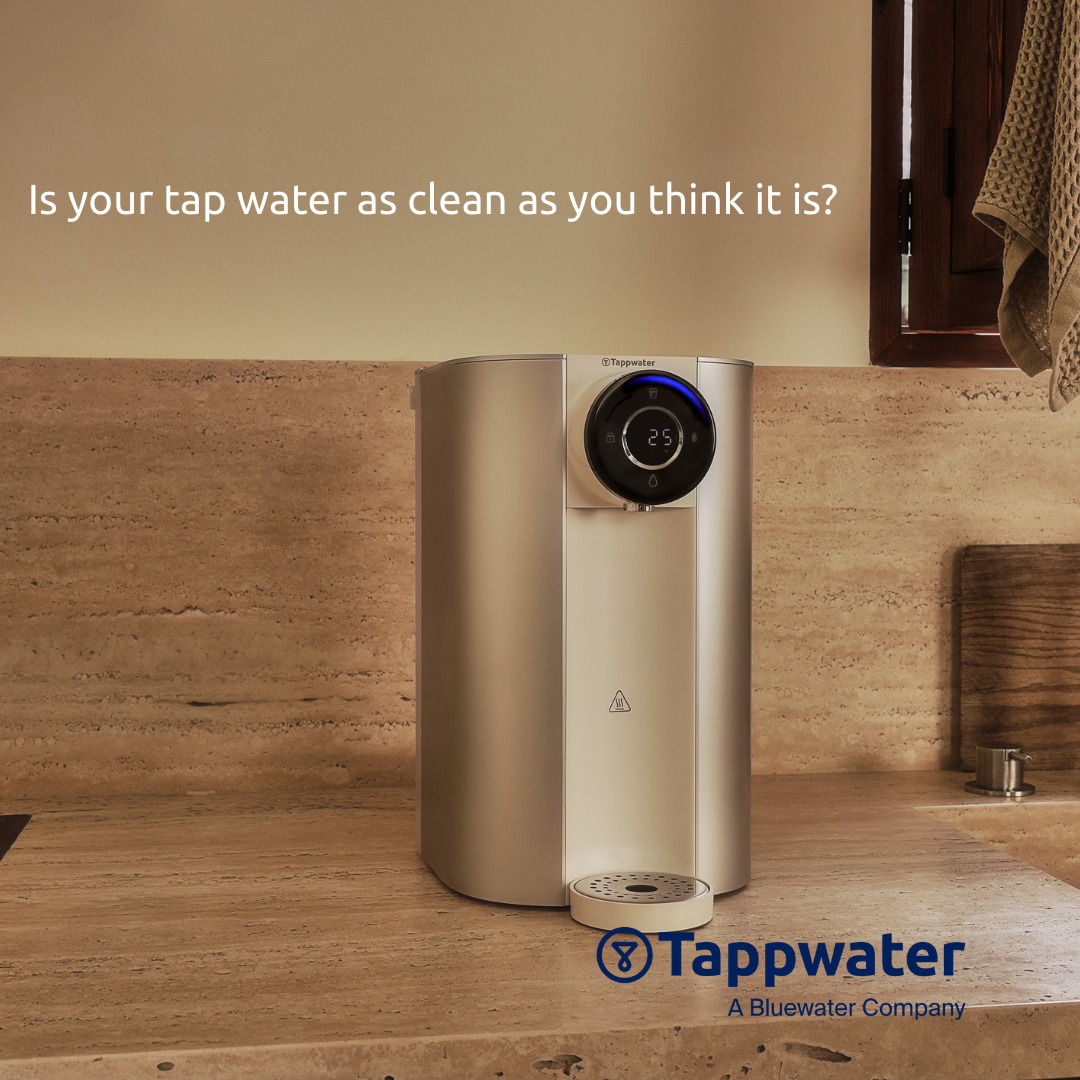

![[WATCH] Malta's Tap Water Challenge: The Tappwater Solution. A Look at the Science, the Tests, and the Deliciously Clean Results.](http://tappwater.mt/cdn/shop/articles/Why_We_lab_tested_maltas_water_Sqaure.png?v=1756738451&width=1080)
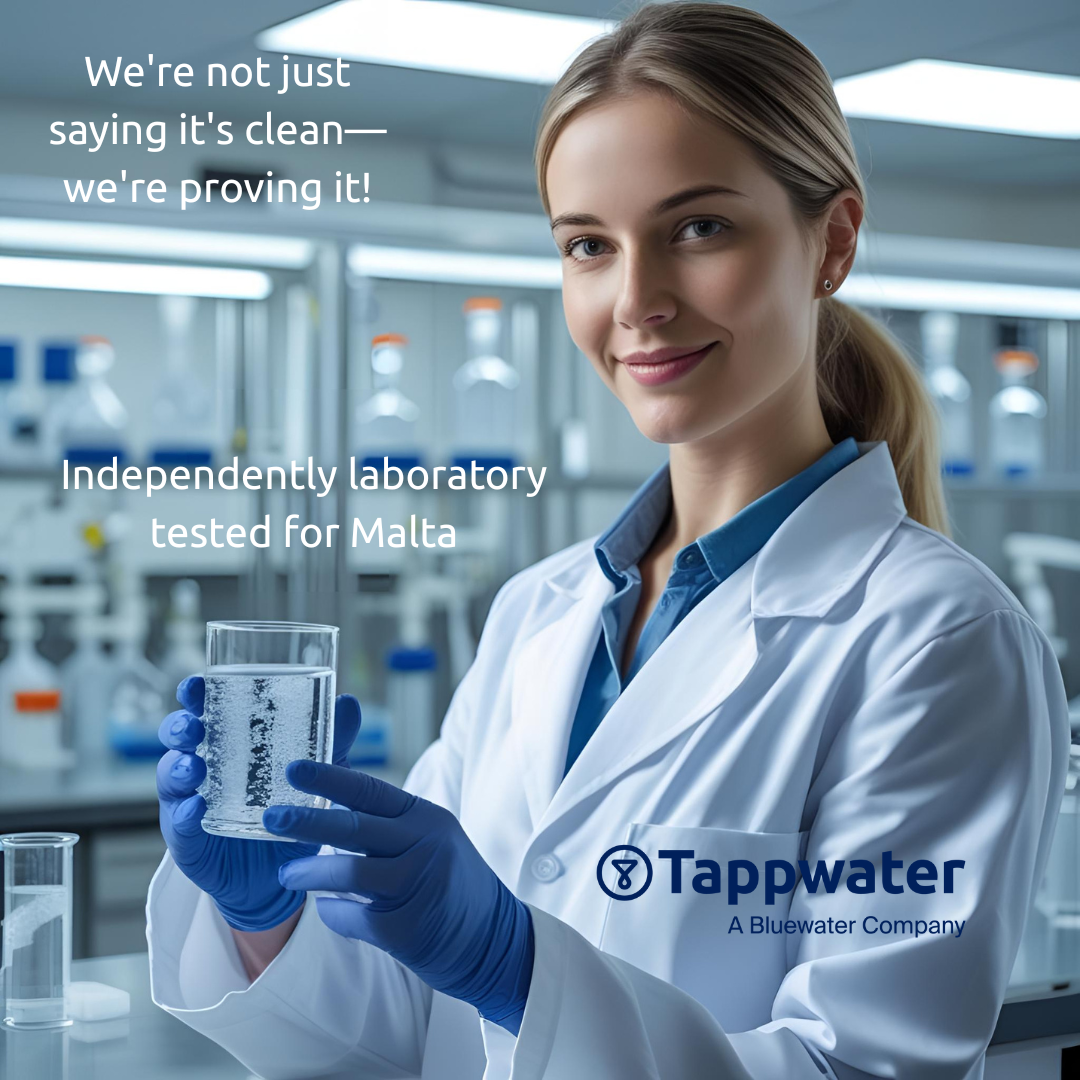
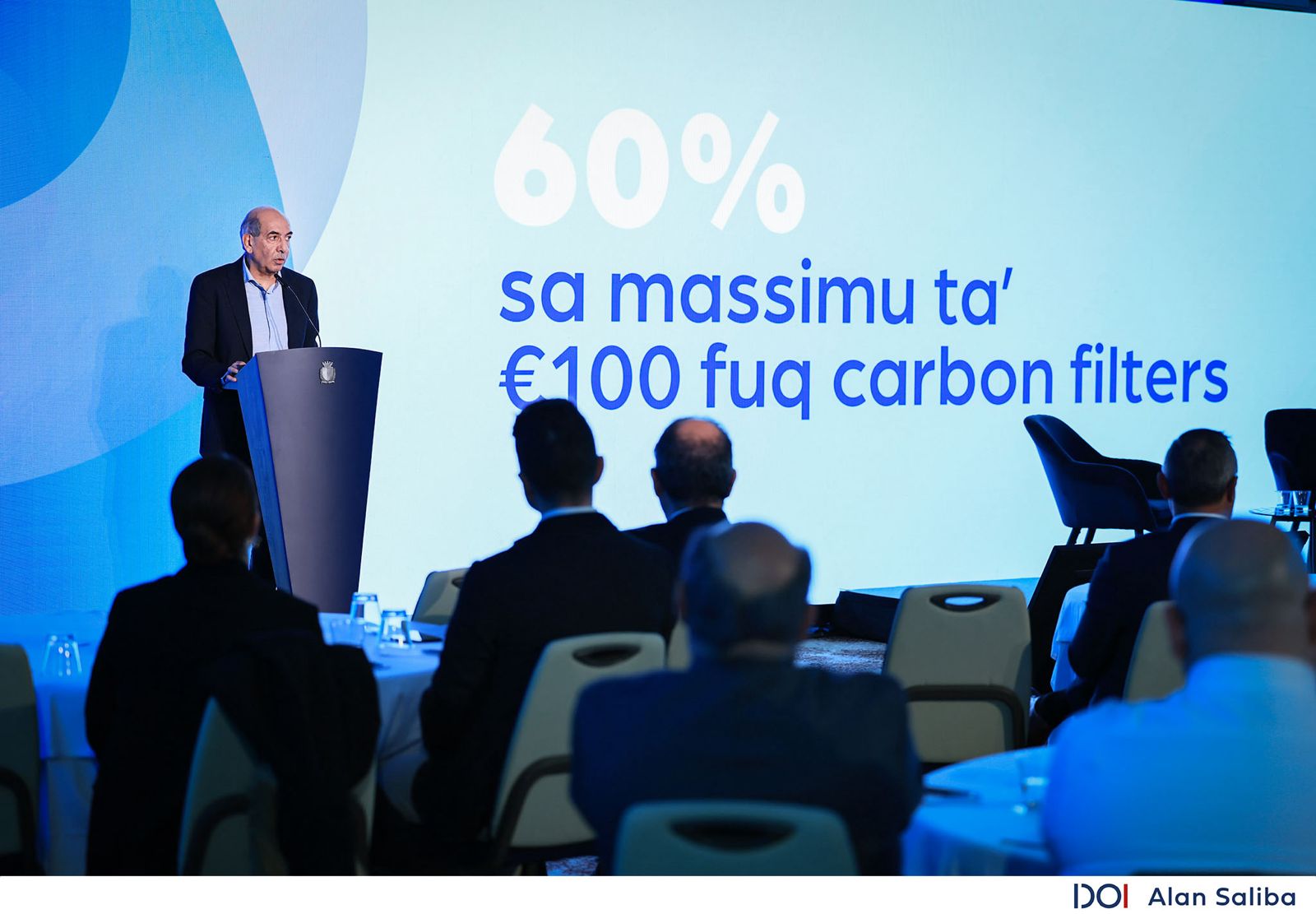
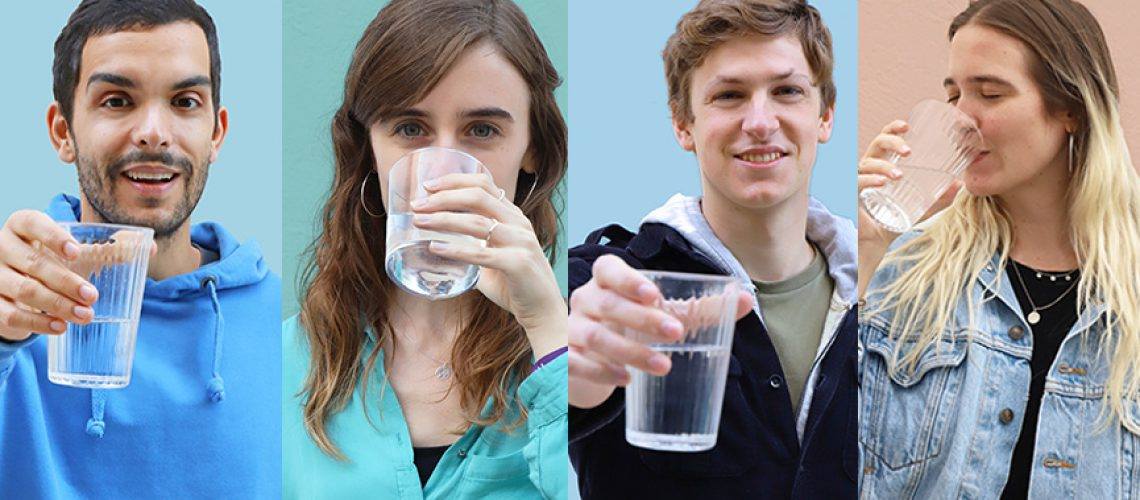
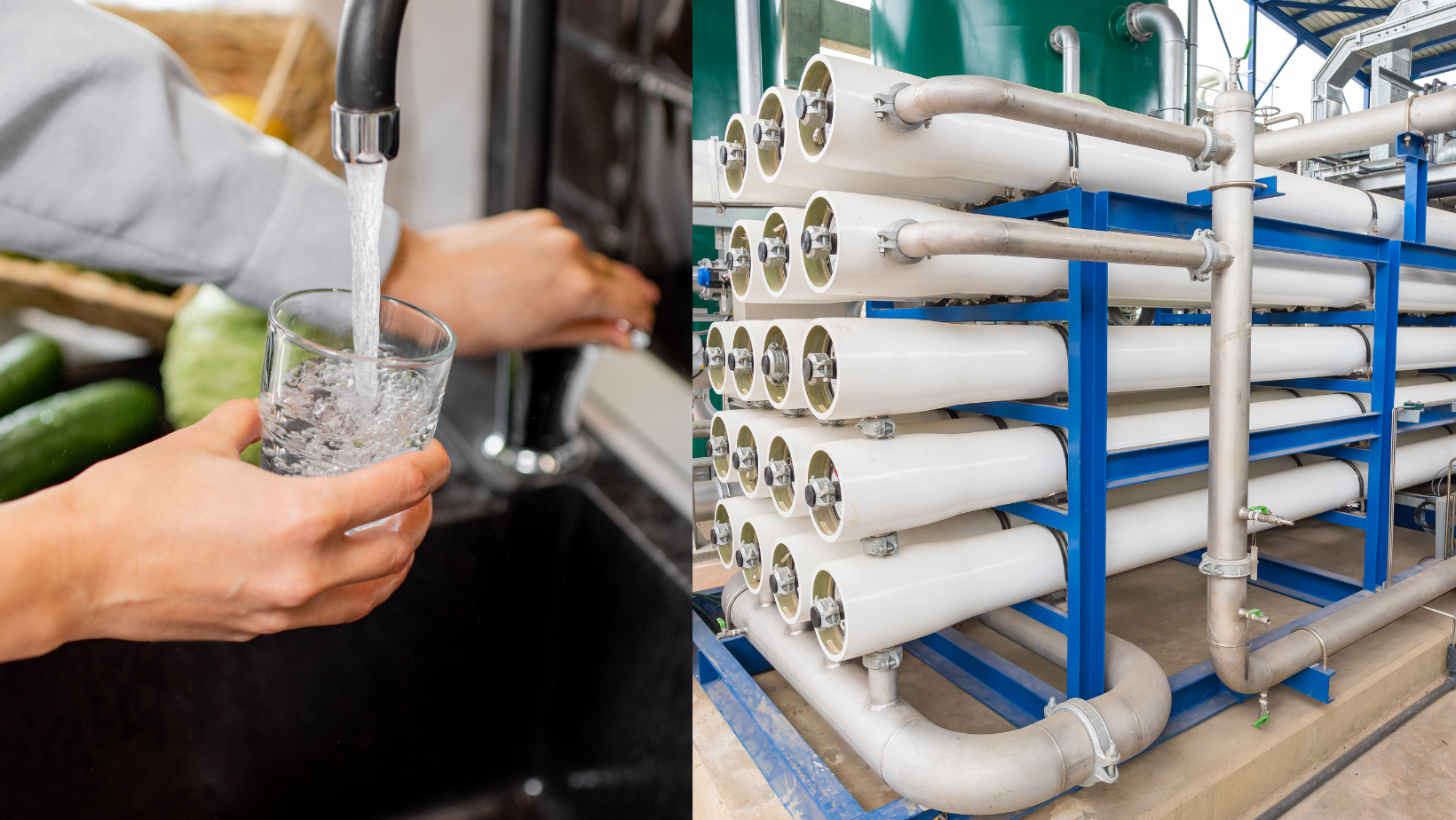
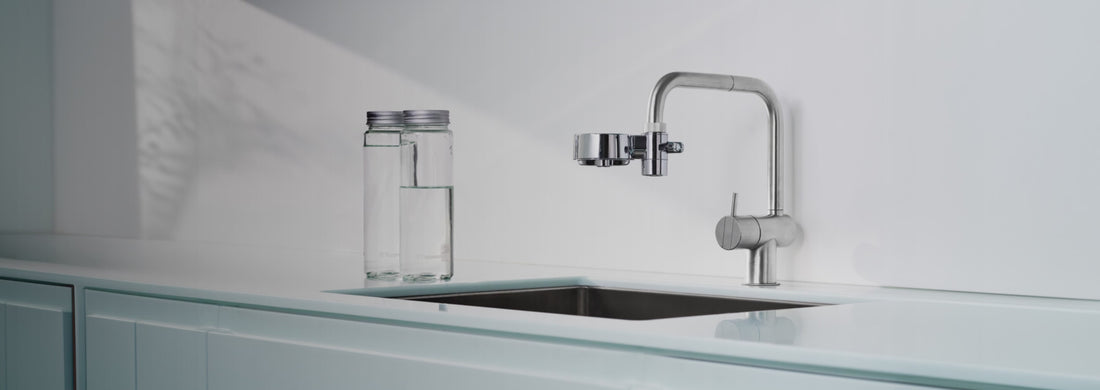

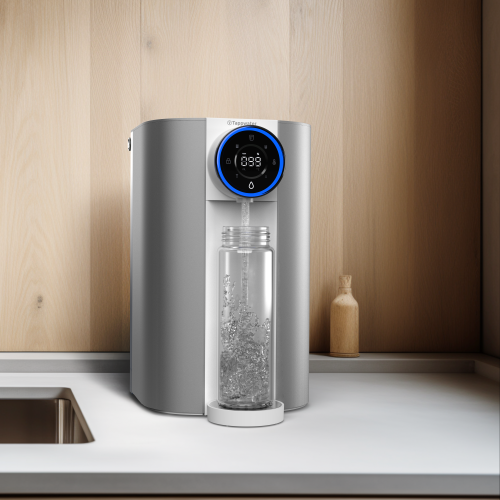
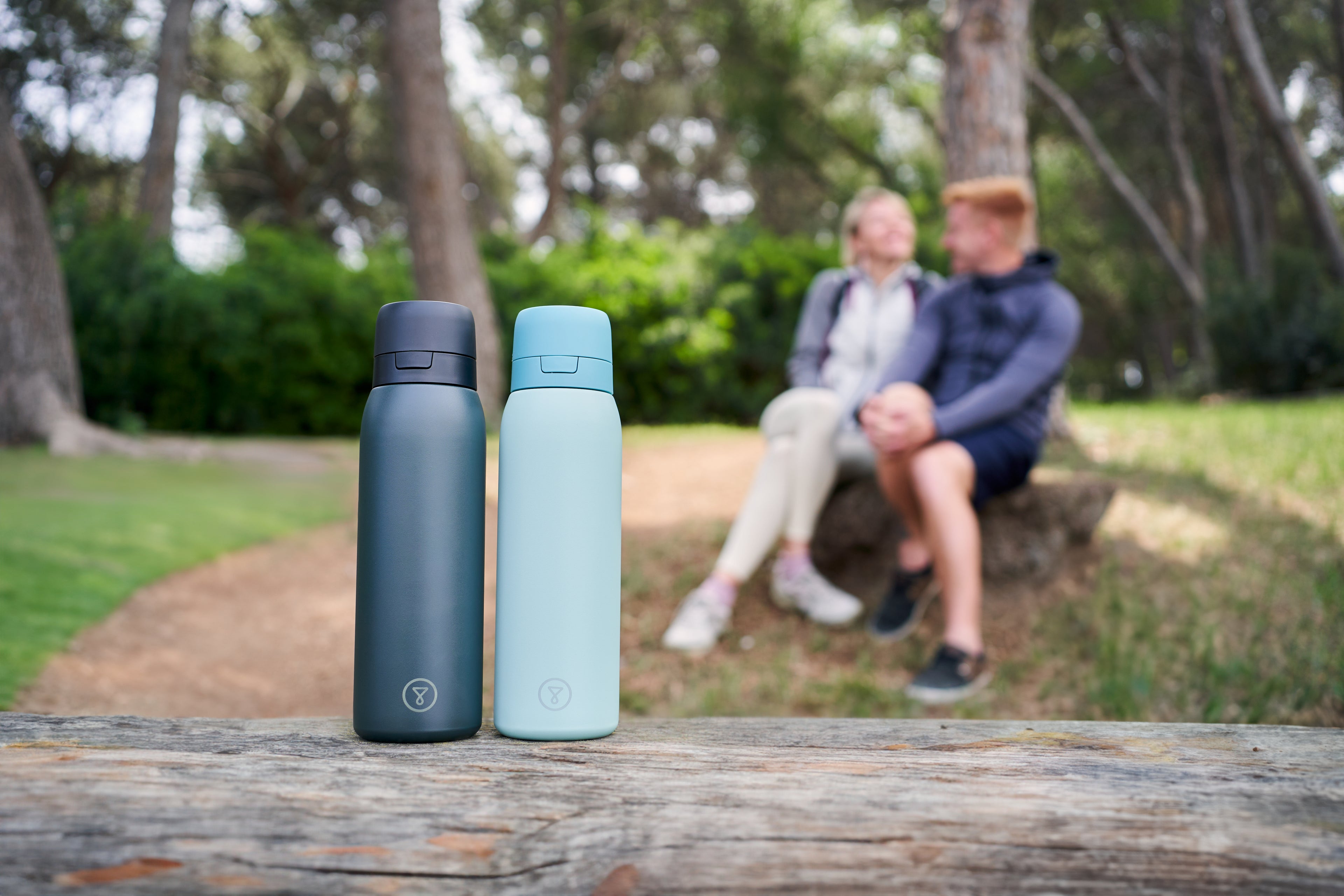
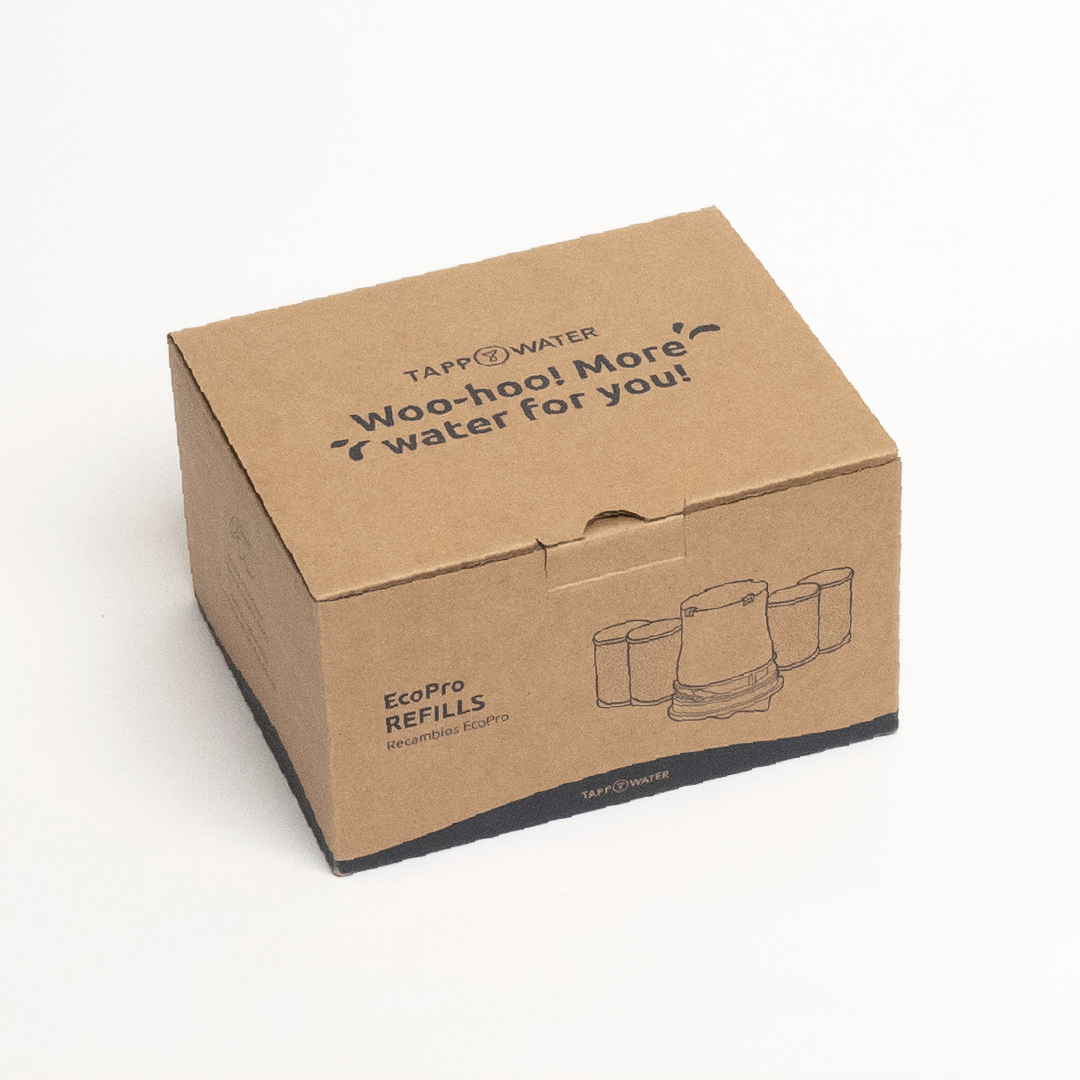
0 comments